
MEXICO CITY, Nov 27 (Reuters) – Mexican President Claudia Sheinbaum said on Wednesday Mexico would retaliate if U.S. President-elect Donald Trump followed through with his proposed 25% across-the-board tariff, a move her government warned could kill 400,000 U.S. jobs and drive up prices for U.S. consumers.
“If there are U.S. tariffs, Mexico would also raise tariffs,” Sheinbaum said during a press conference, in her clearest statement yet that the country was preparing possible retaliatory trade measures against its top trade partner.

Mexican Economy Minister Marcelo Ebrard, speaking alongside Sheinbaum, called for more regional cooperation and integration instead of a war of retaliatory import taxes.
“It’s a shot in the foot,” Ebrard said of Trump’s proposed tariffs, which appear to violate the USMCA trade deal between Mexico, Canada and the U.S.
Ebrard warned the tariffs would lead to massive U.S. job losses, lower growth and hit U.S. companies producing in Mexico by effectively doubling the taxes they paid. “The impact on companies is huge,” he said.
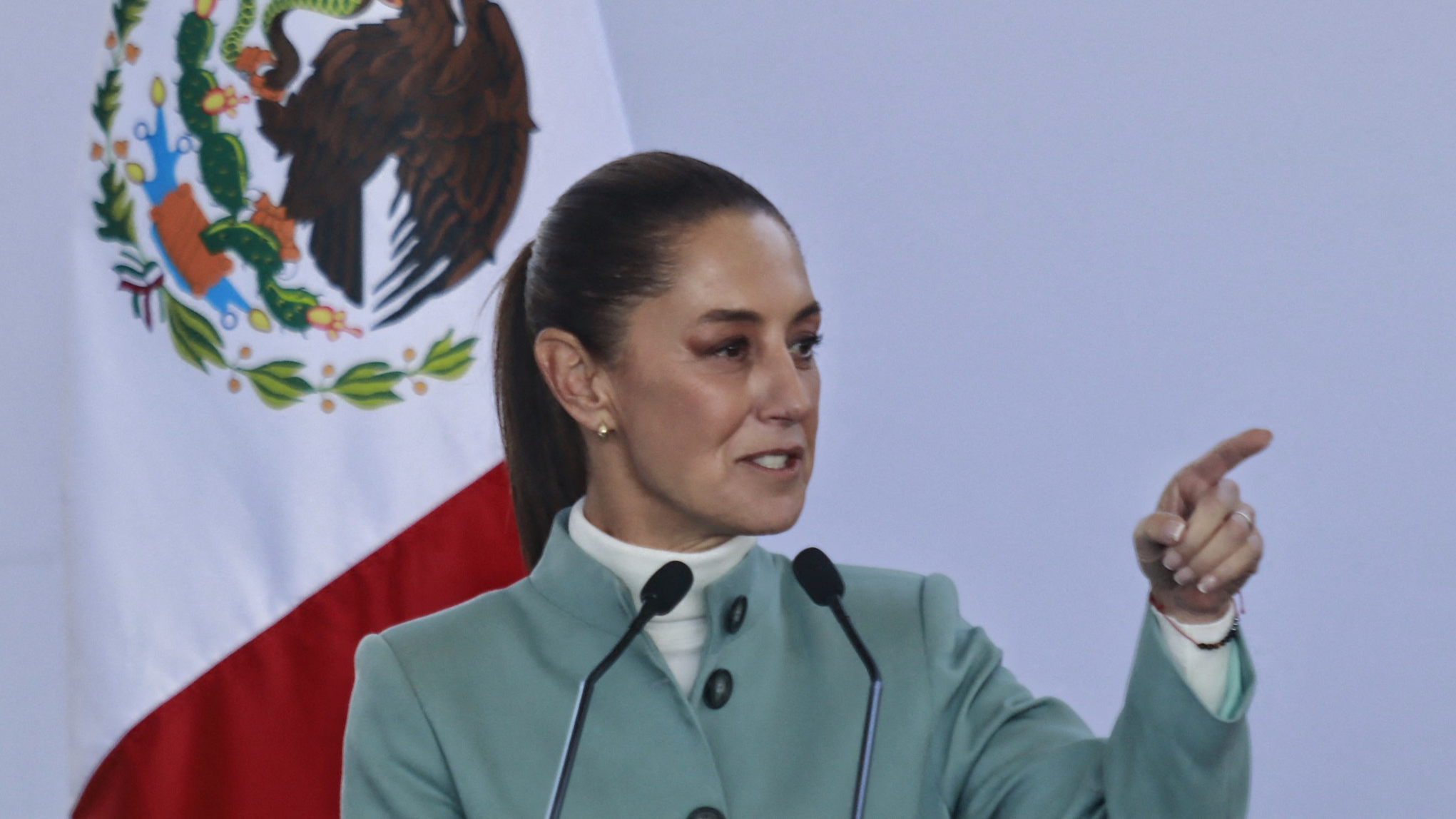



PROFIT WIPED OUT

Analysts at Barclays said they estimate the proposed tariffs “could wipe out effectively all profits” from the Detroit Three automakers.
“While it’s generally understood that a blanket 25% tariff on any vehicles or content from Mexico or Canada could be disruptive, investors under-appreciate how disruptive this could be,” they wrote in a note on Tuesday.
Brian Hughes, a spokesperson for Trump’s transition team, said the tariffs would protect U.S. manufacturers and workers from “unfair practices of foreign companies and foreign markets.”
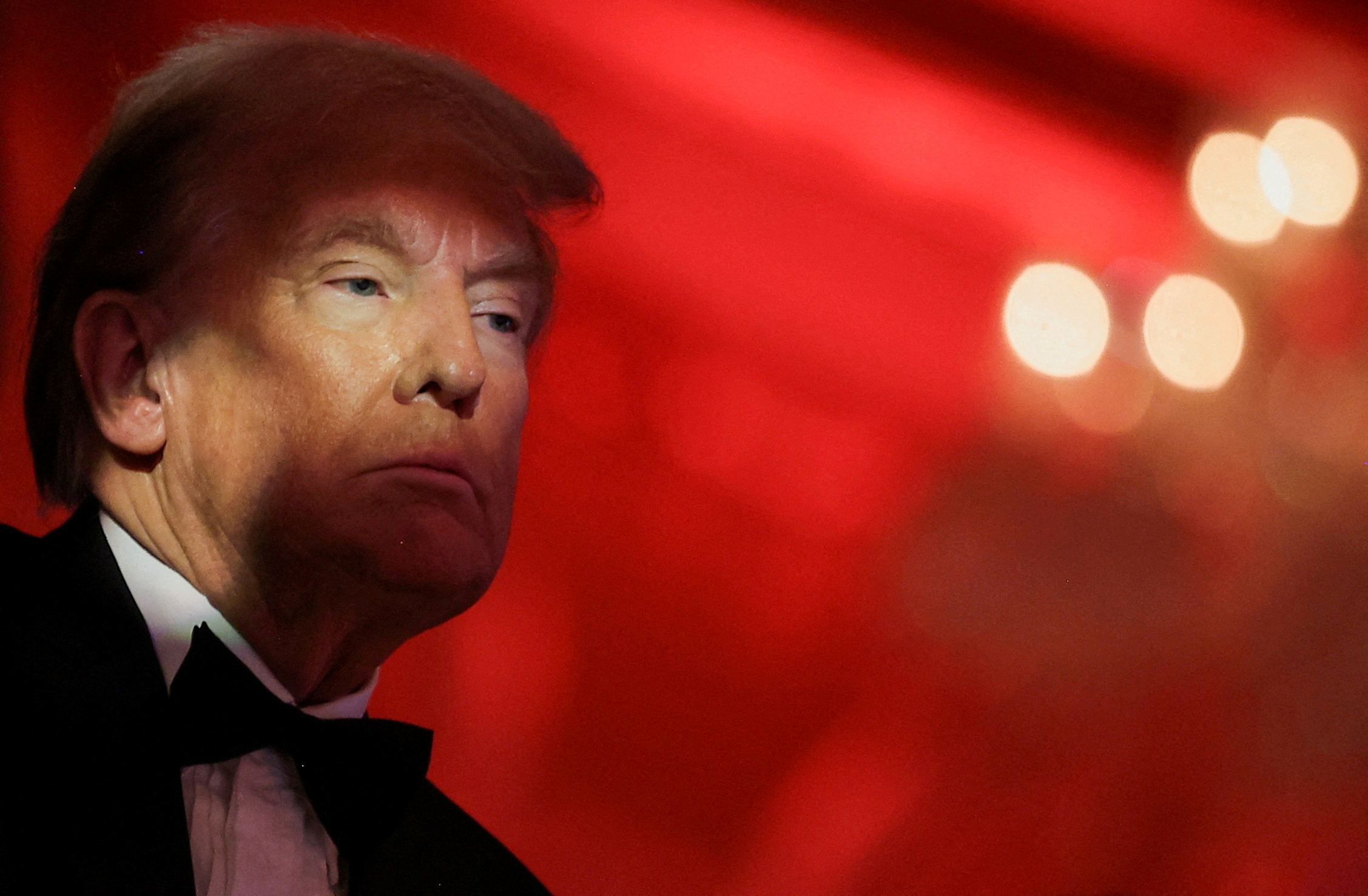
GM and Stellantis declined to comment. Ford did not comment on how the threatened tariffs would affect its business but said it manufactures more vehicles in the United States than most major automakers.
“The imposition of tariffs, eventually leading to increased protectionism, and other policies affecting exchange rates and commodity prices could have significant implications for the region,” it said in a note.

The USMCA is up for review in 2026.
Katia Goya, director of international economics at Grupo Financiero Banorte, said it was likely the three USMCA countries would seek wholesale renegotiation of the pact rather than just rubber-stamp it to continue in its current form.
Ebrard said USMCA trade amounted to $1.78 trillion in the first nine months of this year.
US universities warn foreign students on Trump immigration crackdown
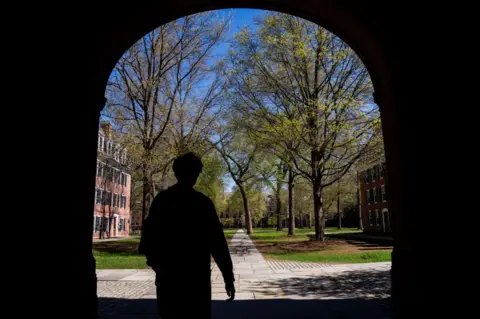
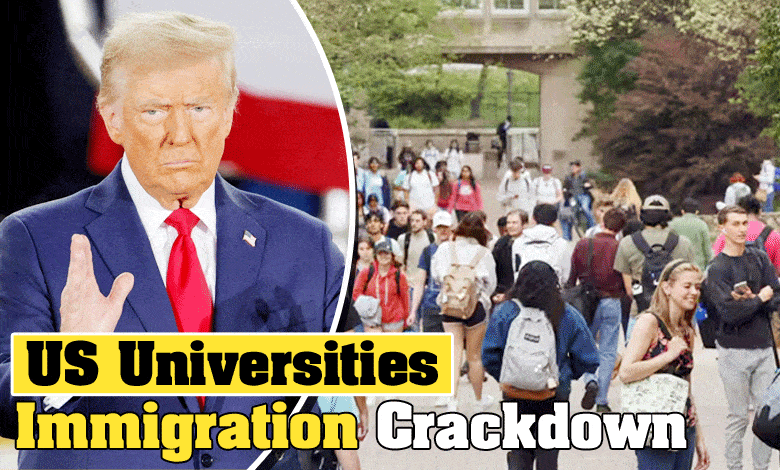
US universities have been emailing international students and staff advising them to return to campus before President-elect Donald Trump takes office in January, amid concerns over his plans for mass deportations.
“All international students are worried right now,” University of Colorado Denver professor Chloe East told the BBC.
Trump, a Republican, has pledged to enact the largest deportation operation in history, and use the US military to help.
More than 400,000 undocumented students are enrolled in US higher education, according to the Higher Ed Immigration Portal.

Officials in Trump’s incoming administration have suggested they will build vast holding facilities for undocumented immigrants on the deportation list.
His incoming border tsar Tom Homan has said violent criminals and national security threats will take priority for removal from the country. But that has not allayed concerns in higher education.
“Students are incredibly overwhelmed and stressed out right now as a result of the uncertainty around immigration,” Prof East told the BBC.
“A lot of students have concerns about their visas and whether they’ll be allowed to continue their education.”
In November, the University of Massachusetts issued a travel advisory to its international students and faculty, encouraging them to “strongly consider” returning to campus from winter break before Trump takes office on 20 January.
“Based on previous experience with travel bans that were enacted in the first Trump Administration in 2016, the Office of Global Affairs is making this advisory out of an abundance of caution,” the college said.

Trump signed an executive order during his first week in the White House in 2017 banning nationals of several predominantly Muslim nations, as well as North Korea and Venezuela, from visiting the US. During his first presidency he also proposed some limitations on student visas.
The Massachusetts Institute of Technology and Wesleyan University have also issued travel advisories, urging students and staff to return to the US before inauguration day.
At Yale University, the Office of International Students and Scholars hosted a webinar this month fielding concerns from students about potential immigration policy shifts, the student newspaper reported.

This includes foreign-born students who are protected by the Deferred Action for Childhood Arrivals (Daca) policy.
Trump has attempted to end the Obama-era programme, which shielded over half a million migrants who came to the US as children from deportation.
Prof East said students from Asia, particularly China, are feeling “uncertainty” about US-China relations under Trump.
Aoi Maeda, an international student from Japan studying at Earlham College in Indiana, is among those with concerns about her academic future.
“I am planning to graduate in May 2026, but now that the administration is going to be a little bit more dangerous, I’m less hopeful about things going well,” she said.
“[Trump] claims that he is only interested in keeping illegal immigrants out of the country, but he also kind of tries to move the goal post a lot of times,” Maeda continued.
“I feel like us international students with a visa might get affected, and it’ll become easier to deport us.”







:max_bytes(150000):strip_icc()/KingCharlesLead-1f8f697676cb4b44bb8a32278ff52bea.jpg?w=1200&resize=1200,0&ssl=1)













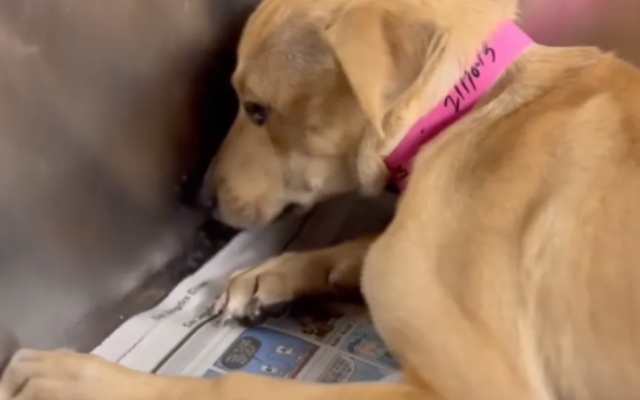











:max_bytes(150000):strip_icc():focal(999x0:1001x2)/catherine-ohara-013026-7-4b5b413a646d4f15a1fd15ac8b933811.jpg?w=1200&resize=1200,0&ssl=1)








